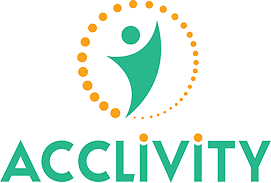Exploring Career Transitions in Academia
The realm of higher education offers a dynamic career path, yet like any profession, it experiences its share of turnover. Individuals often depart academia, whether to retire or pursue new opportunities beyond the ivory tower. Academic roles can become deeply intertwined with personal identity, making transitions a challenging adjustment for faculty and long-term students alike.
Reasons People Leave Academia
Departures from higher education stem from diverse motivations. Some seek better financial prospects in the private sector, while others prioritize work-life balance. Exiting academia entails significant considerations, given the difficulty of reentry. Below are common factors influencing these decisions:
- Location Preferences
- Scholarship Challenges
- Work-Life Balance
Location Considerations
Location plays a pivotal role in academic career decisions, with prestigious institutions often favored for their reputational benefits. However, personal sacrifices may accompany these choices, such as settling in an undesirable area or contending with geographic isolation. Factors like proximity to hometowns or preferences for teaching versus research-focused environments further influence location decisions.
Scholarship Pressures
Academic pursuits are subject to stringent time constraints, particularly concerning project deadlines and grant obligations. Even adjunct faculty face these pressures, navigating faculty meetings and funding deadlines amidst their instructional duties. Scholarship-related stressors, exacerbated by grant-dependent research environments, can diminish the joy of academic exploration, prompting some to seek alternative career paths.
Work-Life Balance Challenges
The demands of academia often extend beyond traditional work hours, encompassing research, administrative responsibilities, and professional development activities. Achieving a sustainable work-life balance becomes paramount, prompting individuals to explore adjunct roles or transition to professions offering greater flexibility and reduced intensity.
Seeking Support
Navigating the complexities of academic careers requires careful consideration and, at times, external support. Recognizing when academia may no longer align with personal or professional goals is a crucial first step. Seeking guidance from career advisors or exploring alternative career paths can facilitate informed decision-making and ensure individual fulfillment beyond the confines of higher education.
To learn more about how Dr. Loren M. Hill can help you with this transition, schedule your call today!

